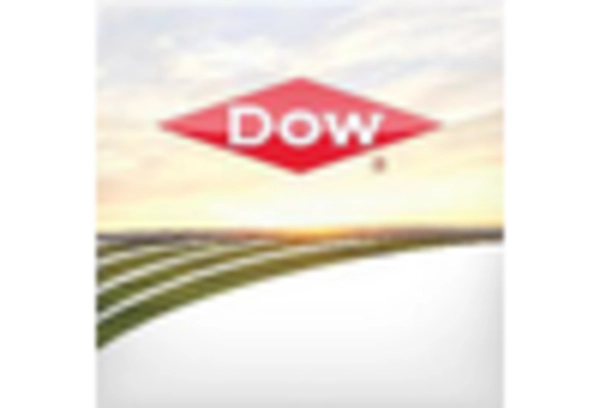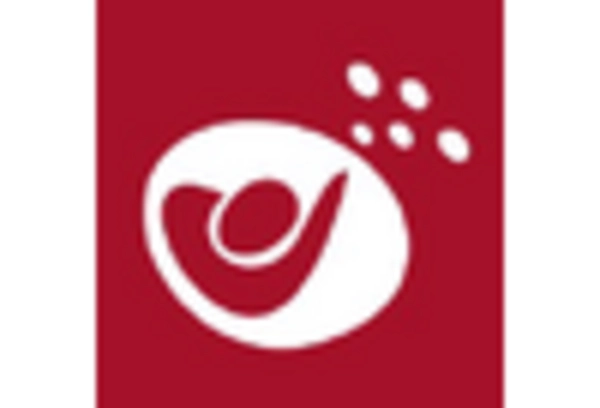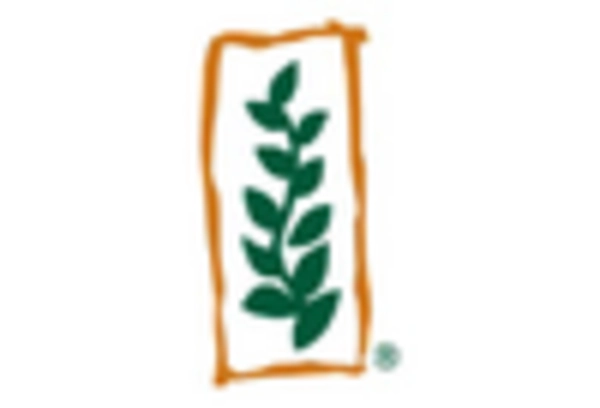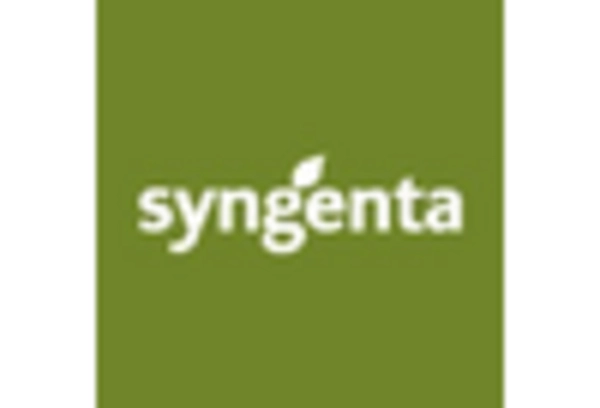Market Trends
Key Emerging Trends in the Hybrid Seeds Market
Farmers Switching to Organic Ways
In different parts of the world, people are choosing organic products more often, so farmers in countries that are still growing and developing are changing how they do their farming. This change is happening a lot in countries like Brazil, India, China, and Argentina. These farmers are starting to use methods of farming that don't involve using chemicals because they're learning about how harmful these chemicals can be for the environment and our health. Some big companies are investing money in making things organically in these countries instead of using old ways of farming.
In the Asia-Pacific region, countries like Japan and South Korea used to buy a lot of organic things. But now, China and India are also starting to do more of this. These countries are focusing more on growing stuff for their own people instead of just selling things to other countries. The governments in some of these countries are helping farmers too. For example, in Thailand, the government gave money to farmers so they could buy organic seeds. They also helped them use fewer chemicals and build fences to stop chemicals from other farms from coming in. This plan was made to use less space for regular rice farming by 2022.
Over in Europe, countries like Romania, Poland, Hungary, and Bulgaria started using more land for organic farming in 2017. Also, in Russia and Ukraine, they made new rules in 2018 to tell people when food is organic. This is creating good opportunities for companies that make treatments for seeds without using chemicals. So, because more farmers in growing countries are using organic ways to farm, there will be more opportunities for companies that make treatments for seeds without chemicals to grow too.
Farmers in these developing countries are looking at organic farming because it's better for the environment and for people's health. They're learning that using fewer chemicals can help keep the soil healthier and the water cleaner. Plus, when they grow food without chemicals, it's better for the people who eat that food.
Big companies are seeing this change and are deciding to support these farmers who are choosing to farm organically. These companies are giving money and help to make sure these farmers have what they need to grow crops without chemicals. This support helps farmers switch to better and safer ways of farming.
The governments in some of these countries are also helping out. They're making plans and giving money to farmers so they can learn how to farm without using harmful chemicals. These plans also help farmers buy better seeds that don't need chemicals to grow.
All these changes mean that more farmers in developing countries are choosing to farm without chemicals. And because they're making this switch, there's a bigger need for companies that make treatments for seeds without using chemicals. These companies are growing because more farmers want to use their products to grow food that's good for the environment and for people's health.
So, as more farmers in these growing countries choose organic ways to farm, it's not just good for the environment and people's health, it's also creating more chances for companies that make treatments for seeds without using chemicals to grow and succeed.


















Leave a Comment